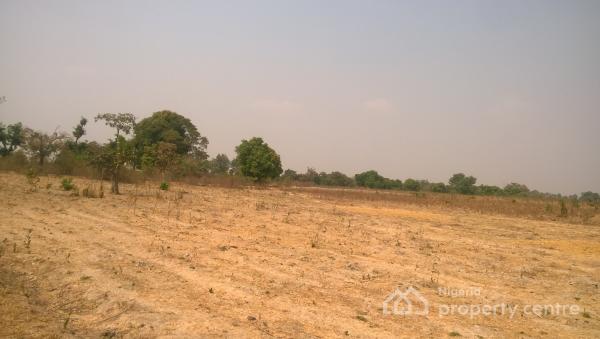High land prices are one of the biggest barriers to affordable housing development. Network Homes’ Jamie Ratcliff and Reuben Young outline a vision for better land policy.
Land is expensive. In our cities it’s more expensive than ever. And when land is expensive, that makes new homes expensive, too. House prices and rents have risen extortionately over the past few decades, and this is pushing renters and prospective buyers further from the areas where they want to live.
These high land costs also make it harder for social landlords to develop land-led affordable homes to help the 8.4 million people around England in housing need, as it’s harder to compete with private developers.
The other mechanism of developing affordable homes – developer contributions – is also beset with problems. It doesn’t take long to find examples of developments where the proportion of affordable housing is being challenged or not met. The way we use financial viability to determine the provision of affordable housing means that, when costs become tight, social housing is the first thing to go.
We need a set of policies that bring land prices down so that it’s easier to build more affordable homes and make developer contributions to affordable housing certain and consistent.
Making land deliver
This week we’ve published Making land deliver – our report on the ins and outs of land policy and why land has reached the expensive levels that make affordable housing a distant dream for many. We’ve come up with three policy ideas that would deliver more new affordable homes.
1. Public bodies to compulsorily purchase land at its current use value
Our outdated planning system causes huge speculation on land, which inflates prices massively. Because developable land is rationed politically, landowners who are lucky enough to get planning permission can see their assets appreciate a hundredfold.
If public bodies could compulsorily purchase land at its current use value, they would be able to buy it and sell it on to builders of affordable housing. But even more importantly, the mere threat of this would mean that landowners would be incentivised to sell land at a far lower price, making development cheaper for everyone.
2. Encourage public landowners to consider social value when selling land
When government departments, councils, NHS trusts and other public bodies sell land, they’re obliged to get the best possible value for it. Currently, best value means market price, and this is short-sighted. If a social landlord could deliver 100% affordable homes assuming a lower land cost, this social value should be considered as well as the price paid.
The G15’s campaign on key worker housing is a great example of the potential of this: if NHS land near hospitals could be used for building affordable homes for nurses and their families, fewer would be planning to leave high-cost areas.
This would work particularly well with the compulsory purchase powers recommended above.
3. Flip viability on its head by replacing Section 106 with a tax on gross development value
Finally, we should overhaul our system of developer contributions, which leaves affordable housing as an afterthought, and replace the affordable housing component of Section 106.
Developers would pay a flat tax on a predicted value of the development as a whole (gross development value – GDV) that the developer submits as part of their planning application. This would be paid to the local council, which would use the receipts to buy homes in the scheme for affordable housing, which they could retain or sell to a housing association partner. The price the council would pay, rather than tied to market value, would be set by the developer’s predicted GDV. So a scheme with a predicted GDV of £20m and 100 identical flats would enable affordable homes to be bought by the council at £200,000 each.
The developer has more autonomy – they effectively choose how much tax they’ll pay based on what would make the scheme viable. But if they set the GDV too high, they’ll pay more in tax, which the council could use to fund affordable housing elsewhere. Too low and the council could buy up much of the development at below market value.
This system would provide developers with more certainty, which would help smaller organisations build more. Plus, it would mean affordable housing delivery couldn’t be negotiated down or gamed. And because there’d no longer be an incentive for developers to overpay for land and argue viability later, land prices would fall once again, helping everyone.
source:InsideHousing




